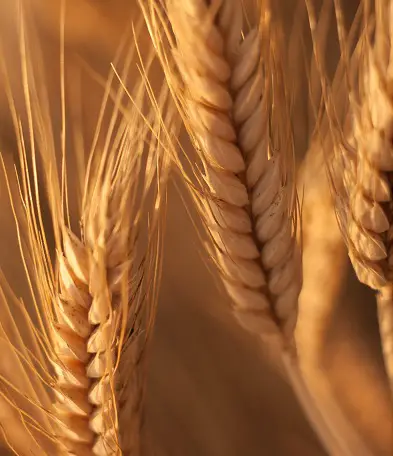In an interview with the Vilaggazdasag news outlet that was published on Saturday, Hungary’s minister of agriculture, Istvan Nagy noted that five EU member nations which share borders with Ukraine have asked for the ban on imports of Ukrainian grain into the EU to be extended.
The minister argued that the ban is necessary due to the damage which occurred to farmers in the EU when Ukrainian agricultural products were dumped on the EU market following the onset of the war in Ukraine.
In the interview, Nagy said, “Regarding the import restriction, Hungary shares a common position with Bulgaria, Poland, Romania, and Slovakia, which is that the European Commission should extend the ban on the import of Ukrainian grain products even after September 15, as this is the only way to protect the interests of European farmers.”
He noted it costs considerably less to produce agricultural products in Ukraine, compared to the costs farmers in the EU face, “since huge agricultural companies in Ukraine operate in very good natural conditions and work without environmental protection regulations that make EU production more expensive.”
In addition, due to the conflict with Russia, Ukrainian exporters have sought to offer their grain below market value to sell it quickly, which “had a displacing effect on Eastern European and Hungarian grain in the past year.”
Nagy pledged he would continue to seek a common European solution to the situation with the grain market, which will factor in the “increased burdens of the most affected border countries and the interests of farmers.” However he emphasized the ban should not be viewed as being done in opposition to Ukraine.
He said, “It is important for Kiev to understand: The action of the five front line countries is not against Ukraine, and we are interested in a joint solution, but we must protect the interests of our farmers and maintain global food security.”
The influx of Ukrainian grain inflicted substantial losses on Poland, Slovakia, Hungary, Romania, and Bulgaria after Brussels suspended all customs duties on the agricultural products of Ukraine, after the start of Russia’s military actions. In April, in response, the five EU member nations moved to ban the import of Ukrainian grain.
After asserting EU supremacy in trade policy, Brussels placed “temporary restrictions” on Ukrainian wheat, corn, rapeseed, and sunflower oil to the five EU countries as a concession in May. Initially set to expire on June 5th, the restrictions later were extended until the 15th of September.
Nagy did not specify in his interview just how long the five countries were seeking to extend the restrictions.
For its part, Ukraine has demanded Brussels eliminate the ban. Last month Ukrainian President Voladimir Zelensky claimed he had been personally promised by European Commission President Ursula von der Leyen that the restrictions would be allowed to expire in mid-September.


